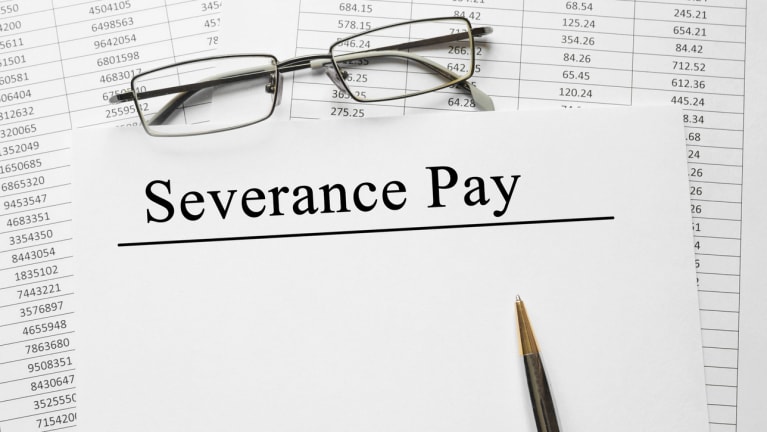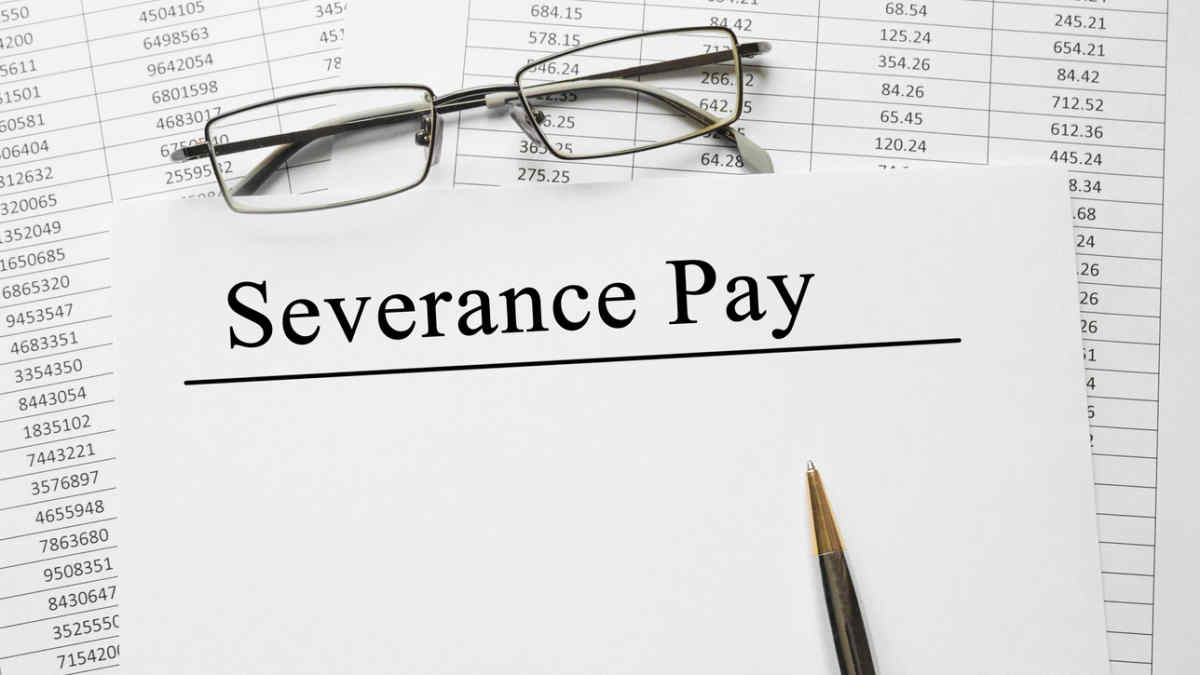

?Employers can no longer use severance agreements in sweeping terms to prevent laid-off employees from talking about their work or criticizing their former employer, under a decision from the National Labor Relations Board (NLRB).
Restrictions on Offer of Severance
The board explained in its decision on Feb. 21 that offering employees a severance agreement that requires them to broadly give up their rights under the National Labor Relations Act (NLRA) is unlawful. The board said that such an offer is an attempt to deter employees from exercising their rights when employees may feel they must give up their rights to get the benefits provided in the agreement.
Prior Precedent Reversed
The NLRB’s decision reversed two prior decisions, both made in 2020, holding that such severance agreements were lawful. The decision could be significant. In recent years, limits on free speech have become an increasingly common aspect of severance agreements, meant to limit damage and backlash stemming from mass layoffs.
(Vice)
Michigan Hospital Involved
This decision involved a Michigan hospital that in the middle of the COVID-19 pandemic, terminated 11 union employees. The employer asked them, in exchange for a payout, to sign severance agreements barring them from making public comments that “could disparage or harm” the company.
Agreements with nondisparagement clauses were determined to be “entirely voluntary” in the prior rulings.
But those decisions were flawed, the NLRB said, deciding that employees can’t waive their rights under federal labor law. Asking them to do so could affect the rights of those still on the job, according to the board.
Remaining Protections for Employers
While the NLRA applies to all employers, including those without a unionized workforce, employers still have ways to protect themselves. The decision does not apply to employees who are excluded from the act’s coverage, including supervisors. The ruling also doesn’t allow employees to say whatever they want. Instead, the board stated that, “employee critique of employer policy pursuant to the clear right under the act to publicize labor disputes is subject only to the requirement that employees’ communications not be so disloyal, reckless or maliciously untrue to lose the act’s protection.”
Draft Severance Agreements Carefully
A disclaimer in a severance agreement might serve as a workaround. Other safeguards might be put in place to salvage severance agreements. The employer’s nondisparagement covenant at issue before the NLRB in its recent decision notably had no temporal restriction and otherwise failed to offer any definition for “disparagement.”
What the decision means for the severance agreements already in place with departed employees over the past several decades is less certain. If the severance agreement was drafted when the law allowed broader nondisclosure provisions, this could serve as a potential defense to a lawsuit.
New State Laws Restrict Nondisparagement Agreements
It’s common for employers to require employees to sign nondisclosure and nondisparagement clauses during hiring, in severance agreements and in legal settlements. But employers and HR professionals need to be careful that these clauses don’t violate new state laws.
“Since the #MeToo movement started in 2017, there have been several states that have passed laws restricting the use of confidentiality and nondisparagement agreements in employment, and I expect this trend will continue,” said Jim Morrison, an attorney with BakerHostetler in Seattle.

